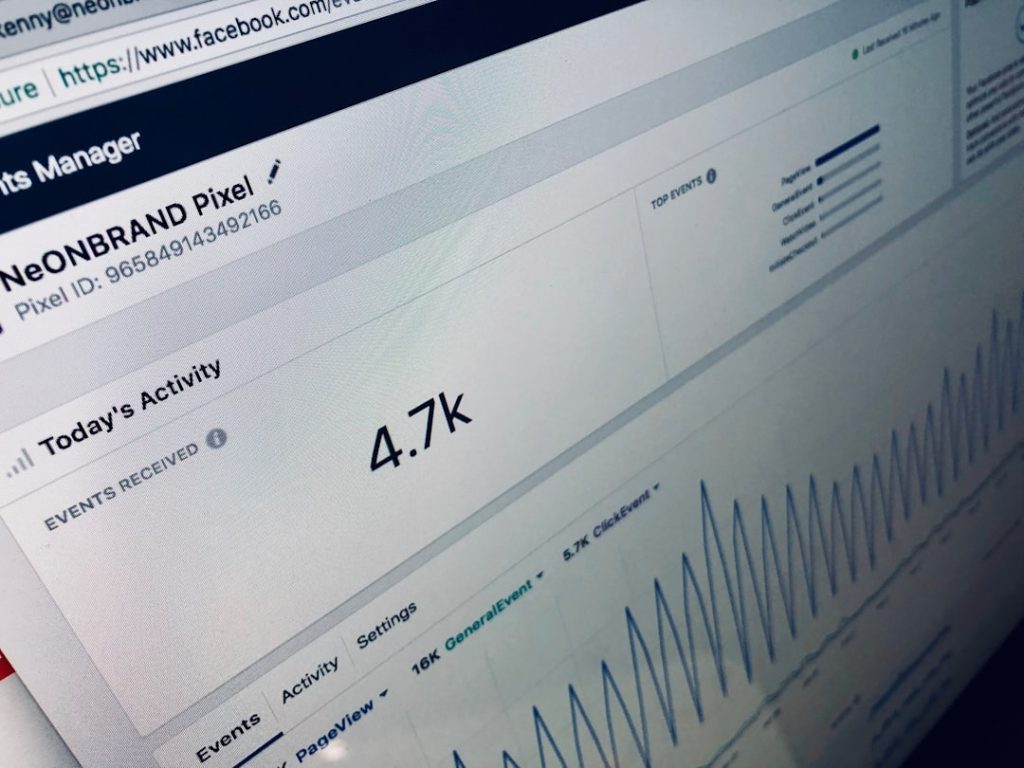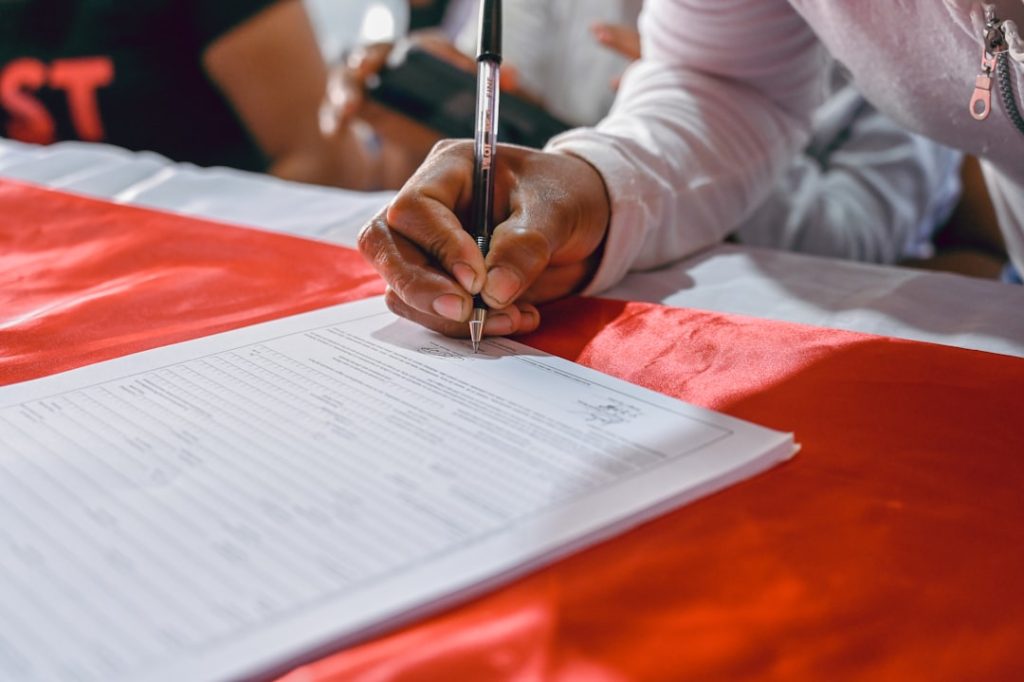The legal aid crisis in many jurisdictions can be traced back to a persistent issue: underfunding. Over the years, government budgets have increasingly prioritized other areas, leaving legal aid programs struggling to meet the demands of those in need. This chronic underfunding has resulted in a significant reduction in the availability of legal services for low-income individuals, who often find themselves navigating complex legal systems without the necessary support.
As funding dwindles, legal aid organizations are forced to make difficult choices, often leading to the closure of offices, layoffs of experienced staff, and a reduction in the scope of services offered. Moreover, the consequences of underfunding extend beyond mere numbers. The lack of financial resources has created a ripple effect that undermines the very foundation of justice.
Legal aid attorneys, who are often overworked and underpaid, face immense pressure to handle an overwhelming caseload. This situation not only affects the quality of representation that clients receive but also contributes to burnout among legal professionals. As a result, the legal aid system becomes less effective, further exacerbating the challenges faced by those who rely on it for assistance.
The cycle of underfunding and inadequate support continues, leaving vulnerable populations without the legal resources they desperately need.
Key Takeaways
- Underfunding of legal aid is the primary cause of the current crisis, leading to limited resources and services for those in need.
- Marginalized communities face systemic barriers that disproportionately affect their access to legal aid, exacerbating existing inequalities.
- Limited legal aid has a significant impact on individuals and families, hindering their ability to seek justice and navigate the legal system.
- Cuts to legal aid have far-reaching consequences for the justice system, including increased strain on courts and delays in resolving cases.
- Advocacy and reform efforts are crucial in addressing the national injustice and working towards a more equitable legal aid system for all.
Systemic Barriers: How marginalized communities are disproportionately affected
Marginalized communities bear the brunt of the legal aid crisis, facing systemic barriers that hinder their access to justice. These barriers are often rooted in socioeconomic disparities, racial discrimination, and historical injustices that have left certain groups at a disadvantage. For instance, individuals from low-income backgrounds may lack the financial means to secure private legal representation, while those from racial or ethnic minorities may encounter additional obstacles due to biases within the legal system itself.
As a result, these communities are disproportionately affected by the limitations of legal aid services. The impact of systemic barriers is profound. Many individuals from marginalized backgrounds may not even be aware of their rights or the legal resources available to them.
This lack of awareness can lead to a sense of hopelessness and resignation when faced with legal challenges. Furthermore, language barriers and cultural differences can complicate interactions with legal aid organizations, making it even more difficult for these individuals to seek help. The cumulative effect of these systemic issues creates an environment where marginalized communities are left to navigate a complex legal landscape largely on their own, further entrenching cycles of poverty and injustice.
Access to Justice: The impact of limited legal aid on individuals and families

Limited access to legal aid has far-reaching consequences for individuals and families who find themselves entangled in legal disputes. When people cannot secure adequate representation, they may be forced to represent themselves in court, a daunting task that can lead to unfavorable outcomes. Without the guidance of a knowledgeable attorney, individuals may miss critical deadlines, fail to present compelling arguments, or overlook important evidence that could strengthen their case.
This lack of effective representation can result in devastating consequences, such as loss of custody of children, eviction from homes, or denial of essential benefits. The emotional toll on individuals and families facing these challenges cannot be overstated. The stress and anxiety associated with navigating the legal system without proper support can lead to significant mental health issues.
Families may experience instability as they grapple with the repercussions of unfavorable legal outcomes, which can further exacerbate existing socioeconomic challenges. The inability to access justice not only affects individuals but also has a cascading effect on entire families and communities, perpetuating cycles of disadvantage and limiting opportunities for upward mobility.
Legal Aid Cuts: The consequences for the justice system
The ongoing cuts to legal aid funding have profound implications for the justice system as a whole. As legal aid organizations struggle to maintain their services amidst dwindling resources, the overall quality of justice is compromised. Courts become inundated with self-represented litigants who lack the knowledge and skills necessary to effectively advocate for themselves.
This influx can lead to delays in court proceedings and increased strain on judicial resources, ultimately undermining the efficiency and effectiveness of the entire legal system. Furthermore, the erosion of legal aid services contributes to a growing perception that justice is only accessible to those who can afford it. This perception can erode public trust in the legal system and foster disillusionment among citizens who believe that their rights are not adequately protected.
When individuals feel that they cannot rely on the justice system to address their grievances, it can lead to a breakdown in social cohesion and an increase in civil unrest. The consequences of legal aid cuts extend beyond individual cases; they threaten the very principles upon which a fair and just society is built.
Advocacy and Reform: Efforts to address the national injustice
In response to the legal aid crisis, advocacy groups and reform initiatives have emerged across the country, seeking to address this pressing national injustice. These efforts aim to raise awareness about the importance of legal aid and mobilize public support for increased funding and resources. Grassroots organizations work tirelessly to educate communities about their rights and available legal resources while also advocating for policy changes at local, state, and national levels.
Reform efforts often focus on building coalitions among various stakeholders, including legal professionals, community organizations, and policymakers. By uniting diverse voices around a common cause, advocates aim to create a powerful movement that emphasizes the necessity of equitable access to justice for all individuals. Additionally, innovative approaches such as pro bono initiatives and partnerships with law schools have emerged as potential solutions to bridge the gap created by underfunding.
These collaborative efforts highlight the commitment within the legal community to address systemic issues and ensure that marginalized populations receive the support they need.
The Importance of Legal Aid: Why everyone deserves access to legal representation

The fundamental principle underlying the need for legal aid is rooted in the belief that everyone deserves access to competent legal representation, regardless of their financial situation. Legal aid serves as a vital safeguard against injustices that can arise when individuals are left to navigate complex legal systems alone. It is not merely a service for those in need; it is an essential component of a fair and just society.
Access to legal representation empowers individuals by providing them with the tools necessary to advocate for their rights and interests. It enables them to challenge injustices, seek redress for grievances, and navigate life-altering situations such as family law disputes or housing issues. When people have access to competent legal counsel, they are more likely to achieve favorable outcomes in their cases, which can lead to improved quality of life and greater stability for themselves and their families.
In conclusion, addressing the legal aid crisis requires a multifaceted approach that acknowledges the root causes of underfunding while also recognizing the systemic barriers faced by marginalized communities. The impact of limited access to justice extends beyond individual cases; it affects families and communities at large. Advocacy efforts play a crucial role in pushing for reform and ensuring that everyone has access to the representation they deserve.
Ultimately, a commitment to strengthening legal aid is essential for upholding the principles of justice and equality in society.













